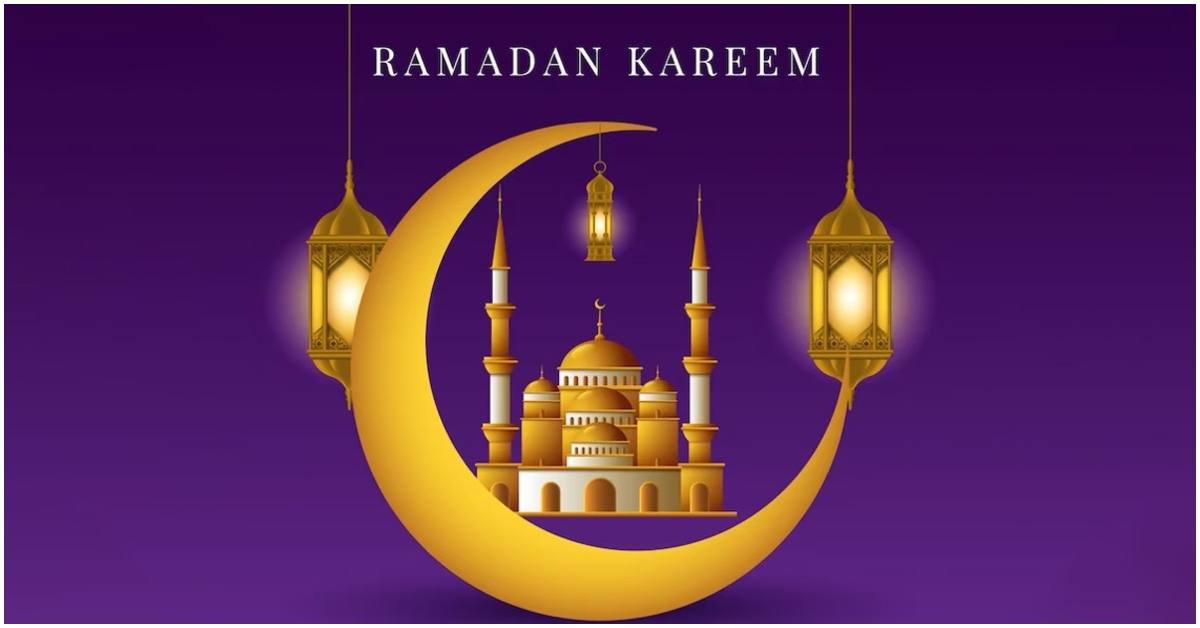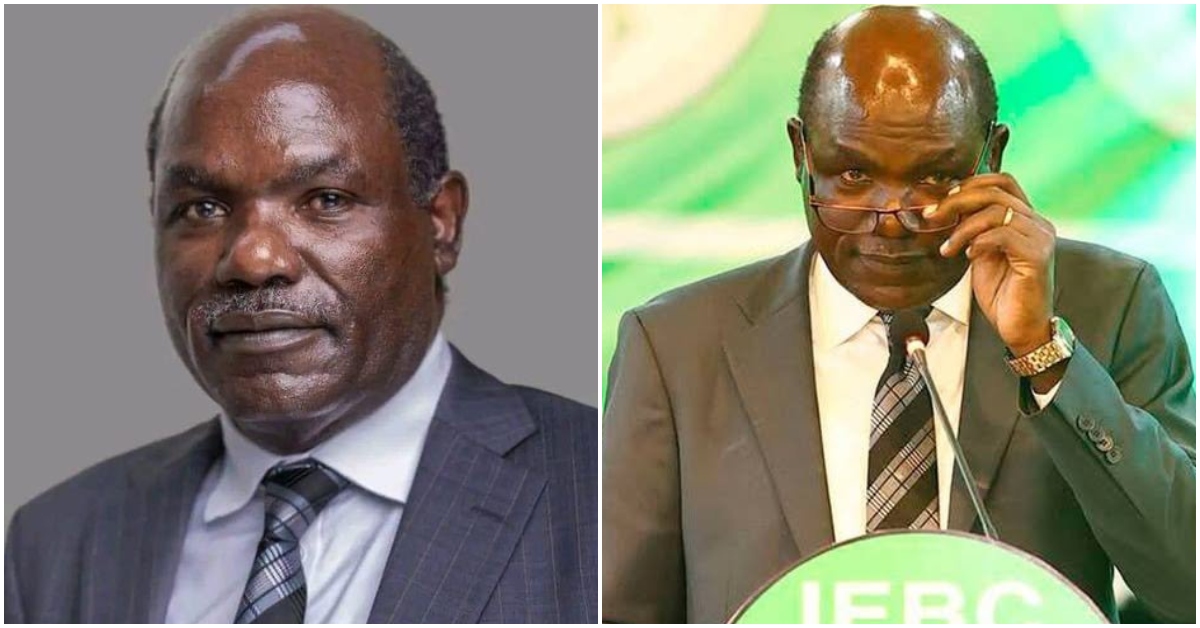In a dramatic and closely contested race for Africa’s top leadership, Kenya’s Raila Odinga has been eliminated in his bid to become the next Chairperson of the African Union Commission (AUC).
His defeat marks yet another political setback for Kenya on the continental stage.
In the vote conducted on Saturday, February 15, Raila was narrowly eliminated from his bid to replace Moussa Faki in the sixth round. This is the second loss for Kenya at the regional body.
Despite a spirited campaign backed by President William Ruto, Raila fell short in the sixth round of voting, paving the way for Mahmoud Ali Youssouf of Djibouti to clinch victory in the seventh round with 33 votes.
Mahmoud Ali Youssouf of Djibouti has been voted the seventh African Union Commission (AUC) Chairperson since its establishment in 2002. The other candidate, Richard Randriamandrato of Madagascar, finished last.
Youssouf aimed to succeed Moussa Faki, who had completed his two-term tenure at the helm of the African Union Commission.
With his victory, Youssouf is set to serve a four-year term, with the option to seek re-election for a second and final term, allowing a maximum tenure of eight years.
Ahead of the elections, Raila Odinga’s campaign team projected confidence, claiming he had the backing of at least 21 countries.
He initially surged ahead, securing 20 votes in a fiercely contested race and advancing through multiple rounds—navigating the second, third, fourth, and fifth rounds—before facing elimination.
This marks Kenya’s second failed attempt at the AU’s top seat after Amina Mohamed’s loss in 2017, raising serious questions about the country’s diplomatic strategy and regional alliances.
Did Raila fall victim to regional power plays? Was Kenya’s campaign strategy flawed? What does this mean for our place in Africa’s leadership?
Share your thoughts!
How the AUC Election Unfolded
The race for the African Union Commission (AUC) Chairperson was a tense battle, with Raila Odinga making a strong start before ultimately being edged out.
By the third round, Raila slipped to second place with 20 votes, as Mahmoud Ali Youssouf took the lead with 23 votes, while Richard Randriamandrato of Madagascar exited the race with only 5 votes.

In round four, Youssouf extended his lead to 25 votes, while Raila secured 21 votes. The round also saw one spoilt vote and two abstentions.
The fifth round offered a glimmer of hope for Raila, as he maintained 21 votes, but Youssouf inched ahead with 26 votes. This time, there were no spoilt votes, though two abstentions remained.

However, Raila’s bid came to an end in the sixth round, where Youssouf held firm at 26 votes, while Raila’s count rose slightly to 22 votes—not enough to keep him in the race.
According to African Union Commission election rules, a candidate is eliminated if neither contender secures the required majority. The candidate with fewer votes is withdrawn, and the leading contender advances.

This marks Kenya’s second major setback in securing Africa’s top leadership post. In 2017, Amina Mohamed lost her bid, securing 16 votes in the first round, while Moussa Faki trailed closely with 14 votes. Ultimately, Faki clinched victory in the seventh round with 38 votes.
Kenya has historically struggled to gain full backing from its East African Community (EAC) partners, including Tanzania, Uganda, and Burundi, raising concerns about the country’s regional influence in continental politics.



